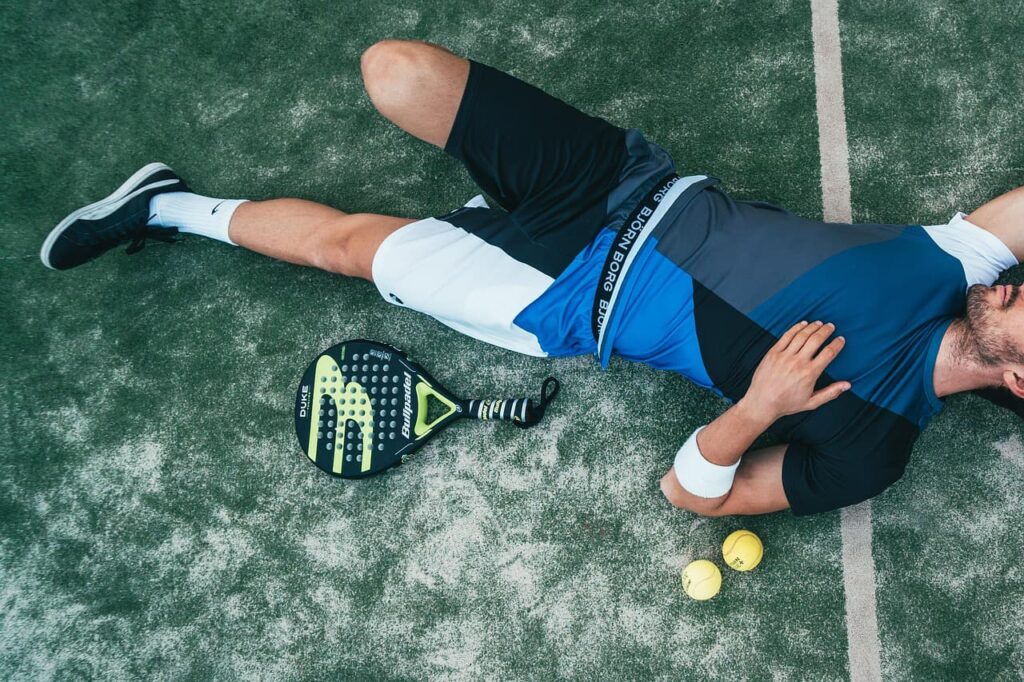Everyone has that feeling when you’ve been training hard for weeks, crushing every session, sticking to your nutrition plan, and someone says, “You need to relax.”? At first, it feels wrong. You’re wired to push, not slow down.
But here’s the truth: how you spend your downtime matters just as much as how you spend your hours in the gym or on the field. Recovery and smart recreation aren’t optional at all.
Recovery Isn’t Lazy, It’s Essential
Let’s clear something up right away. Recovery is not laziness hiding under the label of self-care. When you train hard, you’re intentionally breaking down muscle fibers, stressing your joints, and taxing your nervous system. That’s the design. But the gains only happen afterward, when your body repairs and rebuilds.
Think of it this way: if you keep knocking bricks out of a wall without ever letting anyone patch it back up, the wall eventually collapses. That’s your body. Keep hammering it without proper downtime, and you’ll hit a plateau or end up sidelined with injury.
Recovery doesn’t have to mean lying on the couch for half a day, either. Active recovery works even better. Light swimming, cycling at an easy pace, or even shooting hoops with friends keeps blood moving through tired muscles and speeds up healing. It’s like giving your body a flush from the inside out.
Fun vs. Overdoing It
The best way to explain this is by using the analogy of online casinos. Online casinos understand how people approach entertainment. The best platforms, such as grykasyno.biz, push the idea of responsible play. The smart players know when to log off, how to set limits, and treat gaming as fun, not an obsession.
Athletes can learn from that mindset. There’s a huge difference between relaxing with a video game for an hour versus losing half the night to it. Between enjoying a night out with friends versus drinking every weekend. Between watching a couple of episodes of a show versus burning through a whole season in one sitting.
The principle is the same in both worlds: choose recreation that energizes you without wrecking your bigger goals.
Your Brain Trains Too
Here’s the part athletes don’t hear enough: your brain needs recovery just as much as your body. Constantly focusing on performance metrics, technique, or strategy fries your mental circuits. And mental fatigue kills performance faster than sore quads.
Smart athletes deliberately plan mental breaks. That could mean meditation, reading something non-sport related, journaling, or just enjoying light entertainment. The keyword is light. Give your brain a change of pace without overloading it in a different way.
Social Time Is Part of the Program
One big mistake athletes make is cutting themselves off from friends and family in the name of discipline. It feels noble, like you’re “all in”, but it usually backfires. Humans aren’t built for isolation. When you wall yourself off, stress builds, motivation dips, and burnout creeps in.
Spending time with your people isn’t wasted. Sharing meals, laughing, and talking about literally anything other than training fills your emotional tank. And when training gets tough (and it will), those relationships give you perspective and support.
Besides, nobody wants to hang out with someone who only talks about their training schedule or calorie counts. Maintaining friendships keeps you balanced.
Thinking Long-Term

Here’s the hard reality: athletic careers don’t last forever, but your habits do. If you never learn how to switch gears, you’ll carry burnout into life after sport. Athletes who flame out almost always share the same trait; they never figured out how to turn it off.
Sustainable performance comes from balance. The best athletes are the ones who know when to push and when to ease off. And it keeps you in the game for longer.
What Smart Leisure Actually Looks Like
Everyone’s version of downtime looks different, but here are a few practical ways to get it right:
Schedule it like training. If recovery matters (and it does), put it in your calendar. Treat it as part of the plan.
Pick activities that complement, not compete. Yoga helps with flexibility. Reading builds focus. Social time improves mood. All of these feed your performance indirectly.
Set guardrails around slippery stuff. Video games, Netflix, and social media are fine in moderation, but dangerous without limits.
Listen to your body and brain. Some days call for active recovery. Other days, you need complete rest. Learn the difference.